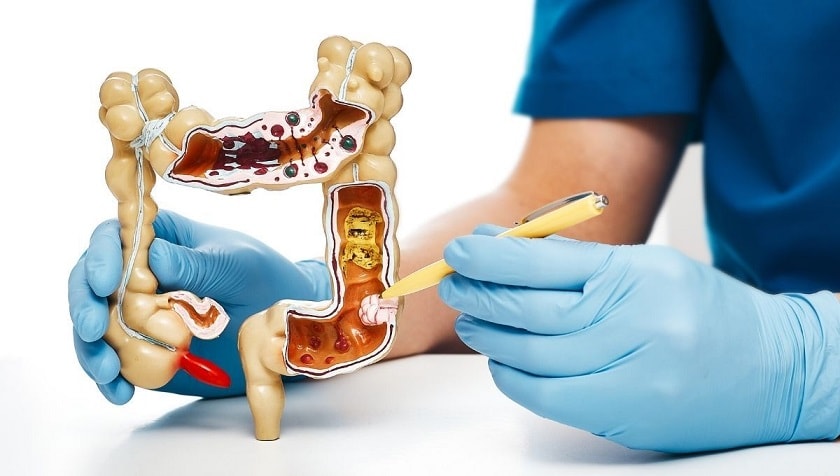Why would I need a stoma after bowel cancer surgery?
Once the diseased portions of your bowel have been removed in surgery, your bowel may have to be rested for healing.
In this case, a bypass of the bowel is made through an artificially created opening called a stoma.
This opening (stoma) is made in the abdomen so that faeces can still leave the body.
Not all bowel cancer and colorectal surgeries will result in a stoma, and your doctor will let you know if they think you will need a stoma.
Types of stoma
Your stoma may be temporary or permanent.
You may have an ileostomy, which is an opening made in the abdominal wall through which a part of small intestine is brought out.
Or you may have a colostomy, in which an opening is made to bring out a part of large intestine.
Preparing for your stoma
Although it can be hard to adjust to a stoma, it’s not all doom and gloom.
Many stomas are temporary and for some, particularly if you have inflammatory bowel disease, your quality of life improves with a stoma.
Before surgery, a stomal therapist will usually meet with you and your family to ensure you understand the surgery, the reasons for the stoma and pre and post-operative care.
The nurse will mark the site for the stoma position on your stomach prior to surgery to facilitate optimal positioning.
With some stomas, you may have to follow dietary restrictions that the nurse will explain. In these cases, a dietician will provide you additional information about how to maintain a healthy diet with your stoma.
Once you have recovered from the surgery, there are a few limitations but you can expect to continue to live a full life.
The most common issue with stomas
Parastomal hernias are a common problem in people who have stomas.
Your nurse will give you advice about how to take care when moving and lifting heavy things, and wearing support garments to help you avoid developing a hernia.









